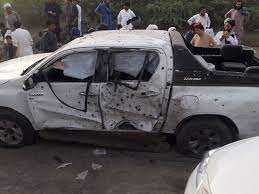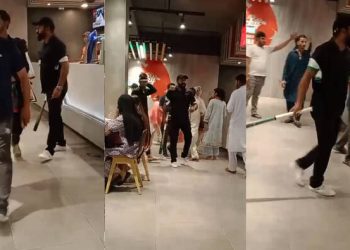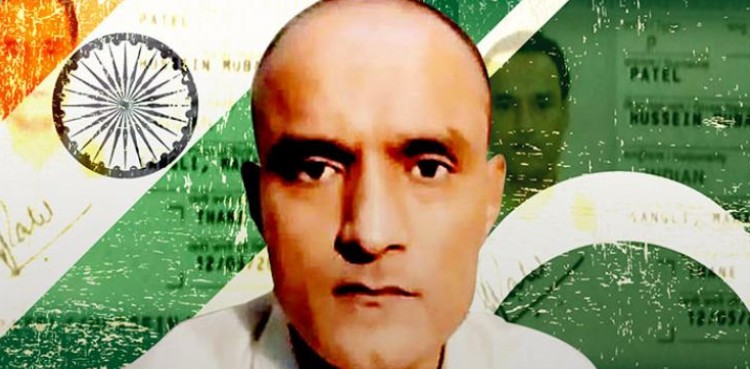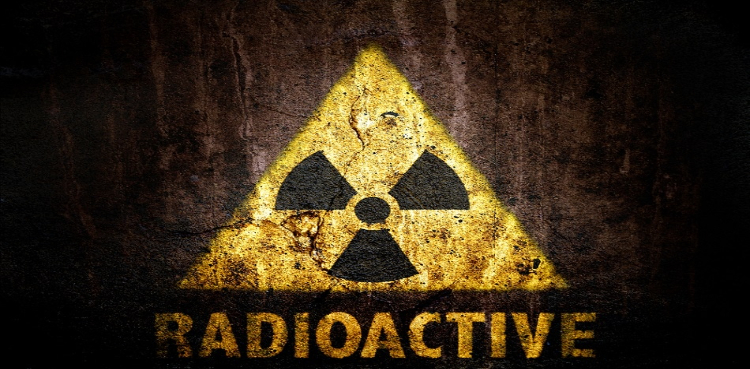Sindh Home Minister Ziaul Hassan Lanjar on Thursday presented the findings of an inquiry into the killing of a doctor accused of blasphemy by police in Mirpurkhas, saying the probe found that police “staged the encounter”.
Dr Shahnawaz Kunbhar, accused of sharing blasphemous posts on social media, was shot dead during a gun battle with the police in Mirpurkhas on September 19, authorities said.
According to an official order issued by the Sindh Inspector General (IG), an inquiry committee was constituted to probe two cases (FIR No. 47/2024 and 48/2024) registered at the Sindhri police station on September 19. Following the incident, the Sindh IG transferred the Mirpurkhas Senior Superintendent of Police (SSP), ordering him to report to the Sindh Central Police Office in Karachi.
Last week, Lanjar announced the removal of top police officials of the Mirpurkhas division and added that the committee would ascertain whether the doctor was killed “extra-judicially”.
Meanwhile, civil society activists from across the province participated in a protest at the Umerkot Press Club on Wednesday which was led, among others, by the daughter of the blasphemy suspect.
According to a inquiry report, the committee “unanimously” agreed that Mirpurkhas police “killed him [Dr Shahnawaz] in a managed encounter and tried to give it a legal cover but failed”.
The inquiry committee reached this conclusion after analysing CCTV footage, police testimony, social media content, and tracker data, the report stated. It added that Umerkot police took Dr Shahnawaz into custody from Karachi, before transferring him to the custody of Mirpurkhas police.
The report recommended that the deceased’s family record a statement and file a first information report (FIR) under the relevant provisions, whilst suggesting “strict departmental action” against personnel from both Umerkot and Mirpurkhas police who allegedly celebrated the killing.
Furthermore, the report urged that the cases be conducted by a senior officer, not below the rank of superintendent of police (SP), and preferably by the Counterterrorism Department (CTD) or crime branch“.

















































